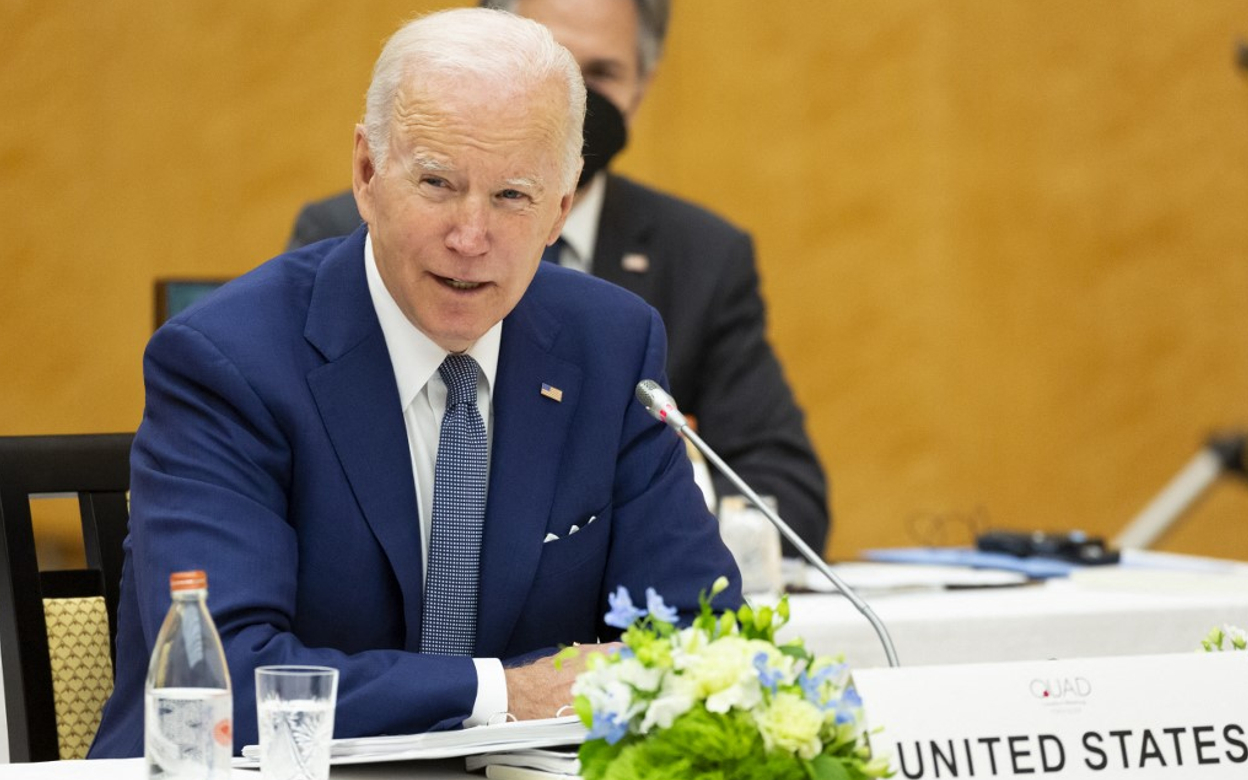Japan-US Summit against China: The Danger of Relying on Power
U.S. President Joe Biden came to Japan and met Japanese Prime Minister Fumio Kishida, where they had their first full-scale discussions and, in a joint statement, were harsh in their criticism of Russia’s invasion of Ukraine. They advocated for “a free and open Indo-Pacific,” saying that Europe is not the only place where an international order based on rules is being challenged.
As European safety becomes the focus of international politics, the U.S. proactively participating in the maintenance of order in Asia is admirable. But it is impossible to control all dangers. Biden’s statements regarding Taiwan at a joint press conference are a direct demonstration of that.
The joint statement reaffirmed the “importance of peace and stability across the Taiwan Strait” and “encouraged a peaceful resolution” of the issue. However, Biden affirmed twice that the U.S. would respond militarily in defense of Taiwan in the event of a Chinese invasion of Taiwan.
Prior administrations have adopted a “strategy of ambiguity” by not making clear promises to either side in the dispute between China and Taiwan. While the joint statement asserted that for both Japan and the U.S., “their basic positions on Taiwan remain unchanged,” Biden’s statements are, unsurprisingly, seen as a shift in policy. What will the full impact of these statements be?
Both leaders agreed to strengthen their alliance in order to deter attacks and to strengthen their ability to deal with future situations. The prime minister said that he would not rule out “all options” and added that he would consider the ability to attack enemy bases. Additionally, the prime minister announced that he has “decided to secure a significant increase in defense spending” and made clear that Japan intends to participate in the Indo-Pacific Economic Framework that Biden called for.
Although there is no justification whatsoever for Russia’s invasion, it could have gone differently if Western countries such as those in NATO had been able to cultivate a system of order that involved Russia. How could this have gone if communication between the nations, rather than hostility and mistrust, had been strengthened? There are lessons to be learned from the situation in Europe.
High-level dialogue needs to resume and a mechanism for sea and air communication needs to be established to avoid accidental military conflicts. A Japan-U.S. alliance is the foundation, and even if it becomes necessary to steadily improve defense capabilities, Japan is proactively questioning the relevant policies rather than simply following them blindly.

